Facebook has launched a new U.S. Politics page, which highlights the use of Facebook by politicians and campaigns, and according to an update on the page, shares tips and best practices, and news from Facebook. Facebook Public Policy Communications Manager Andrew Noyes emailed us with the news, which he notes is "just in time for the peak of the 2010 political campaign season."
"The page will highlight how politicians, elected officials, and political campaigns across the United States are using Facebook to better connect with citizens," Facebook says.
"Facebook is tremendous tool for increasing transparency, collaboration and information sharing between politicians and citizens and the U.S. Politics on Facebook page will be a hub for much of that activity during the 2010 campaign season and beyond," the company says. "The U.S. Politics on Facebook page builds on the sustained success of the Facebook and Government page and the recently launched Congress on Facebook page."
Noyes shared the following "fast facts":
– Political figures consider Facebook critical for communicating and connecting with the social network’s more than 400 million users, 100 million of whom are located in the United States.
– In the 2008 election, Facebook helped register nearly 60,000 voters; nearly one million people used a Facebook application to remind friends to vote; more than one million voters used Facebook to find their polling location; and more than 5.5 million users told friends that "I Voted" on Facebook.
– Today, President Barack Obama (Facebook.com/BarackObama) has more than eight million fans on Facebook and former Alaska Gov. Sarah Palin (Facebook.com/SarahPalin) has more than 1.5 million fans.
– The Democratic National Committee (Facebook.com/Democrats) and Republican National Committee (Facebook.com/GOP) maintain vibrant Facebook pages with thousands of fans.
– Political campaigns are using Facebook to organize and communicate with voters in a way unimaginable a decade ago.– Candidates are using Facebook as an increasingly important resource to reach voters directly, without having to go through the traditional media filter or pay for television and radio ads.
– Voters increasingly expect to be able to interact and examine candidates on Facebook and share political views and information with their friends.
Earlier this year, Facebook made it a point to highlight how you can set up Facebook to be your news destination by creating a "News" group and adding pages from your favorite news organizations. Facebook’s appears to want to be integrated with nearly all of your online experience and news is certainly no exception. This new Politics Page is just the latest extension of this.
On a somewhat related note, former president George W. Bush launched his own Facebook page today, sparking a great deal of conversation throughout the Blogosphere.

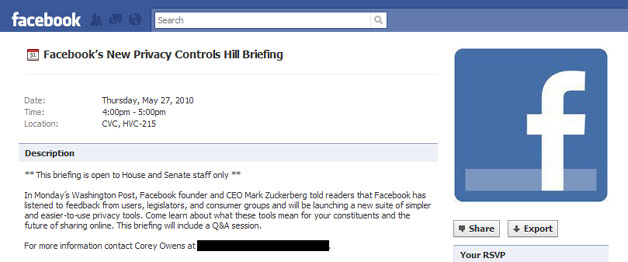
 Working on behalf of Google, the Clarus Research Group conducted telephone interviews with 1,000 American voters. It found that 92 percent of those individuals believe "public agencies should make better use of new technologies to cut government spending and improve efficiency."
Working on behalf of Google, the Clarus Research Group conducted telephone interviews with 1,000 American voters. It found that 92 percent of those individuals believe "public agencies should make better use of new technologies to cut government spending and improve efficiency."


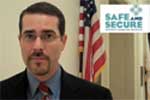
 "
"

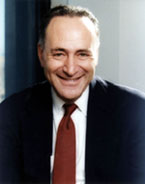 The good news for Facebook is that Schumer hasn’t declared war on social networks. At times, his letter to the FTC was quite complimentary;
The good news for Facebook is that Schumer hasn’t declared war on social networks. At times, his letter to the FTC was quite complimentary; 
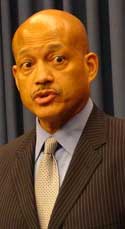 The state said it will waive all back sales taxes and penalties for online retailers that sign an agreement by August 31 to start collecting sales tax.
The state said it will waive all back sales taxes and penalties for online retailers that sign an agreement by August 31 to start collecting sales tax.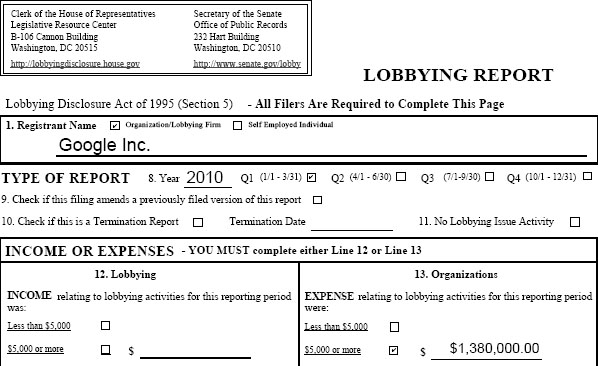



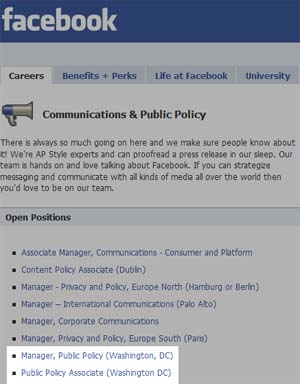
 Nicole Wong, Vice President and Deputy General Counsel, spoke today about China, the Internet, and censorship, and by way of recap, said, "The attack on our corporate infrastructure and the surveillance it uncovered – as well as attempts over the past year to limit free speech on the Web even further – led us to conclude that we are no longer willing to censor our results in China and we are currently reviewing our options."
Nicole Wong, Vice President and Deputy General Counsel, spoke today about China, the Internet, and censorship, and by way of recap, said, "The attack on our corporate infrastructure and the surveillance it uncovered – as well as attempts over the past year to limit free speech on the Web even further – led us to conclude that we are no longer willing to censor our results in China and we are currently reviewing our options." "While the percentage of the population that reports playing games has declined slightly, this study details other metrics which point to both stability and growth in both online and offline gaming," said Anita Frazier, industry analyst,
"While the percentage of the population that reports playing games has declined slightly, this study details other metrics which point to both stability and growth in both online and offline gaming," said Anita Frazier, industry analyst,